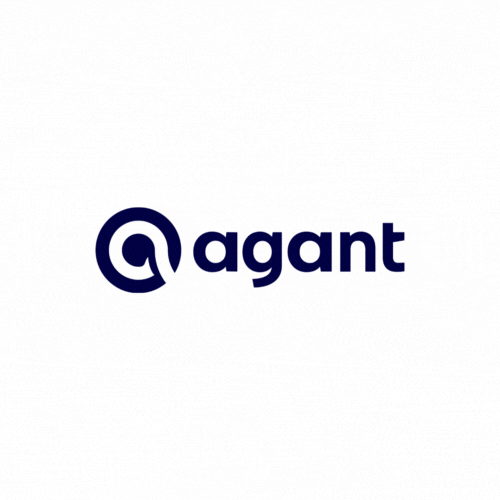The Central Bank of the Republic of Turkey (CBRT) has made significant strides in its exploration of a central bank digital currency (CBDC), completing the first phase of its pilot program. A report released on New Year’s Eve detailed this progress and outlined plans for a second phase of testing, after which a decision on the implementation of a digital lira will be made.
Initially disclosed in 2021, the project’s technology collaborators include defense corporation Aselsan, software technology firm Havelsan, and the government’s Information Security Research Center, Tubitak Bilgem.
The first phase of the CBDC pilot involved basic functionality tests with banks and fintech companies. This included the development of a permissioned distributed ledger technology (DLT) for the digital currency, along with digital identity solutions and a mobile wallet. Despite the potential of DLT, the central bank recognised its limitations in performance for national payment systems and is thus considering a hybrid DLT solution.
A novel aspect of Turkey’s approach is its progressive stance on digital identity, particularly the concept of self-sovereign identity, where individuals control their own data. To protect privacy, the central bank is exploring the use of decentralized identifiers (DID) for all payments, potentially supplemented by virtual identifiers in different contexts.
The CBRT is also interested in utilising the payment system to collect data on prices and transaction levels, aiming to reduce reliance on traditional surveys. In contrast to some other countries, Turkey prefers a two-tier system, where banks handle distribution and know-your-customer (KYC) processes. A notable feature of Turkey’s proposed model is the ability for users to maintain a single account across all providers, ensuring transactions can continue even if a bank goes offline.
The second phase of testing will focus on interoperability with other payment infrastructures, programmable payments, and the exploration of offline payments and hardware wallets. Legal and economic aspects, such as the potential for the CBDC to bear interest, will also be reviewed. Additionally, the central bank briefly mentioned its ongoing research into wholesale and cross-border payments, indicating plans for future international cooperation in this realm.





























































